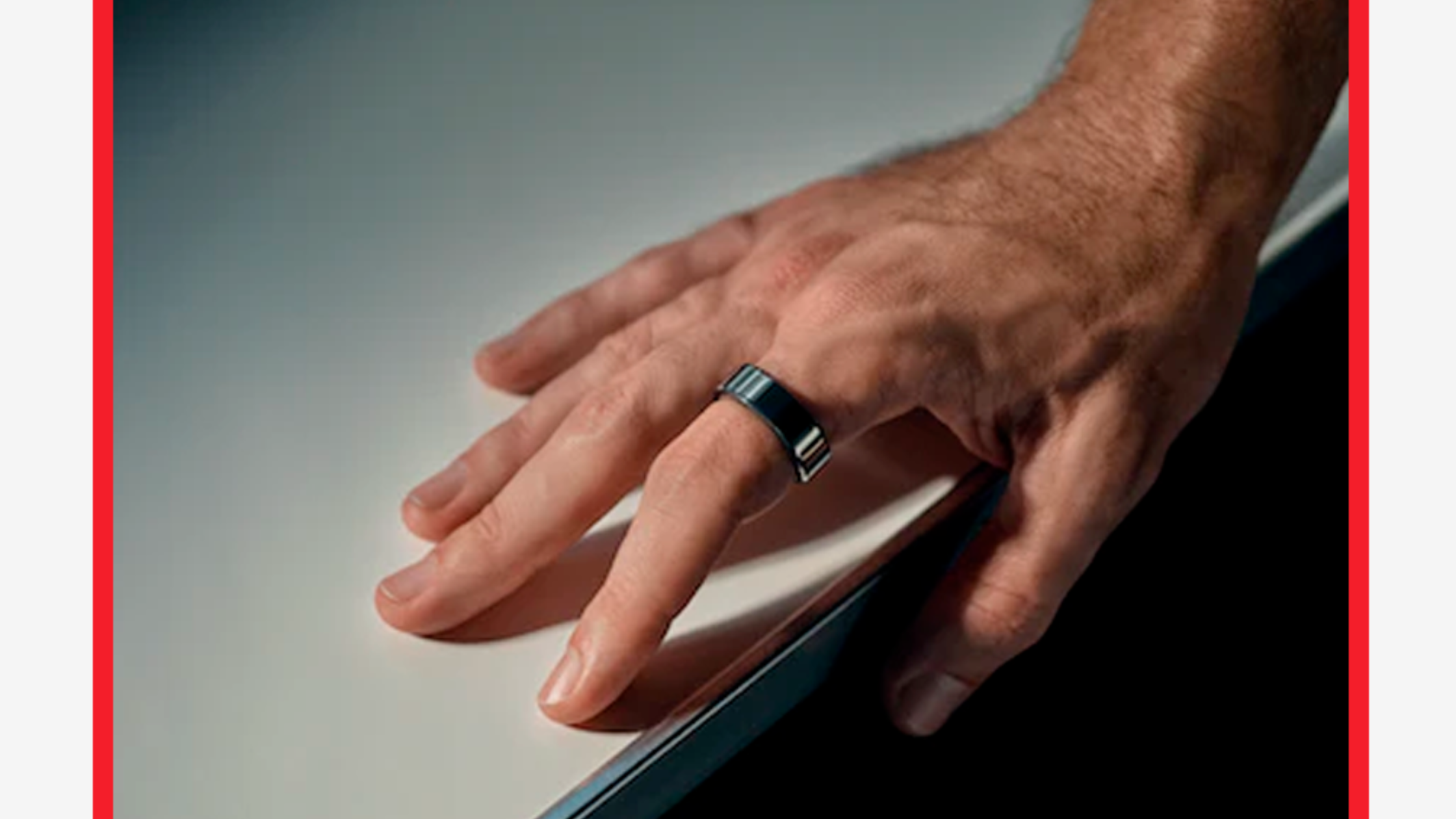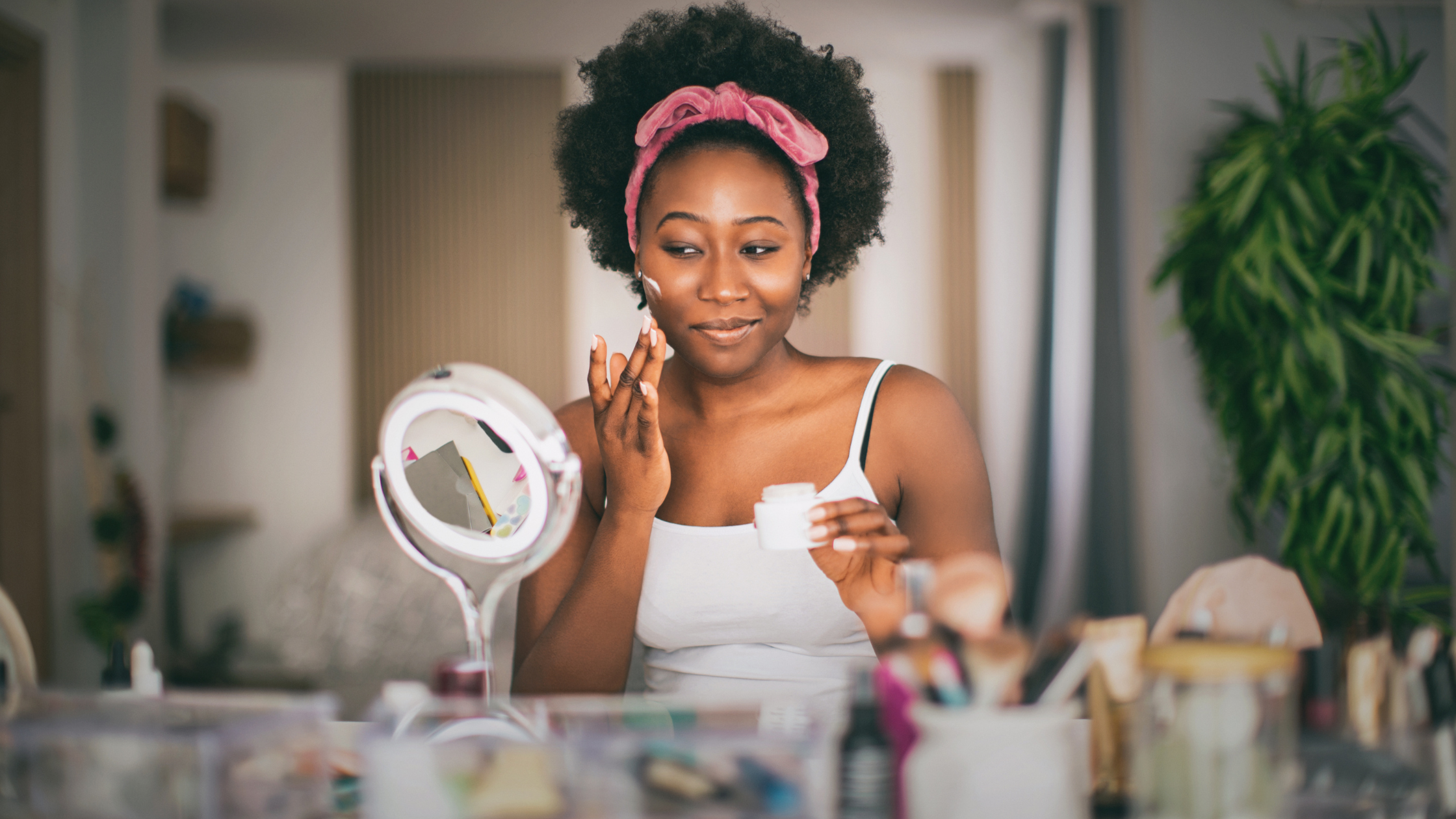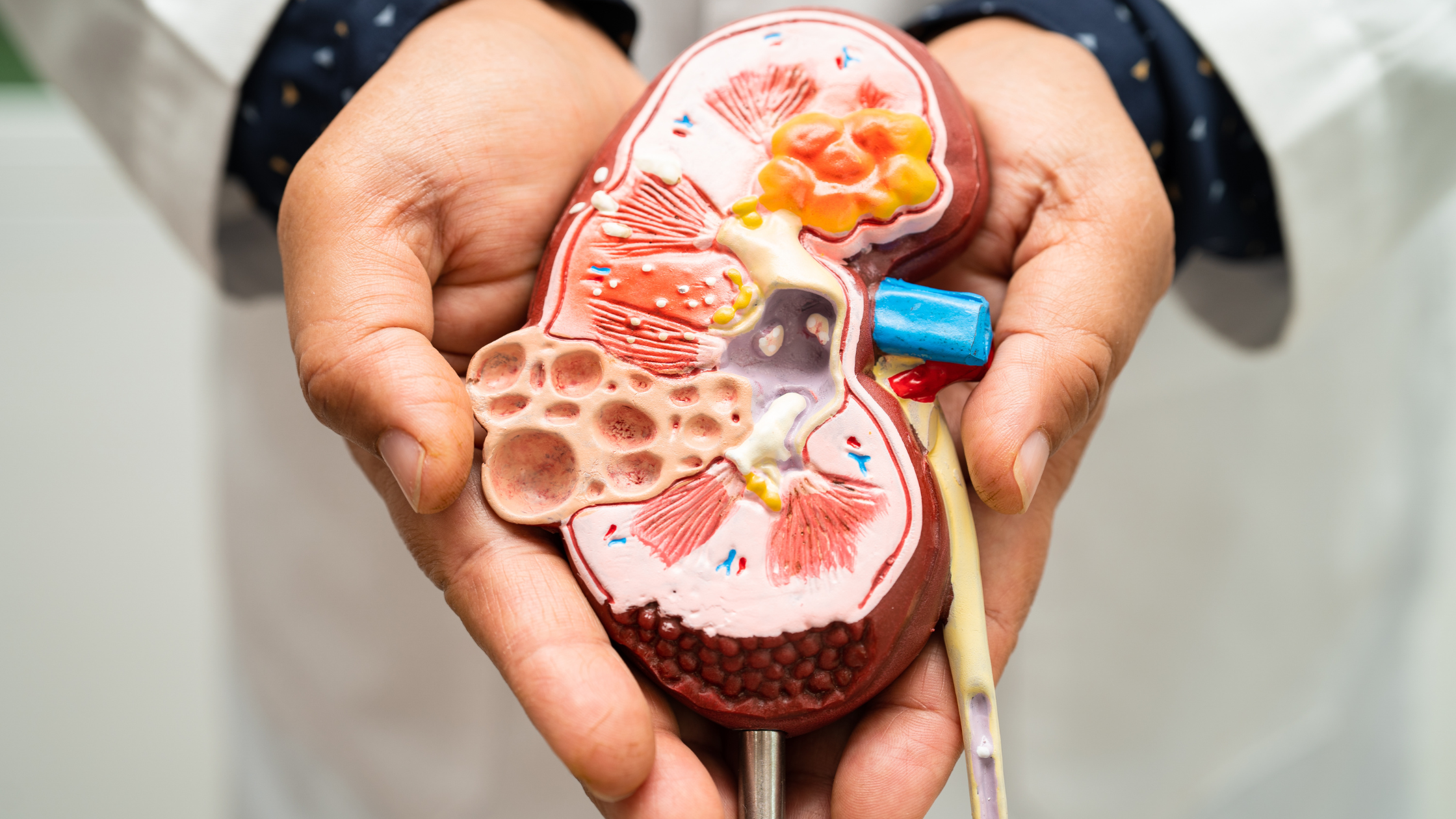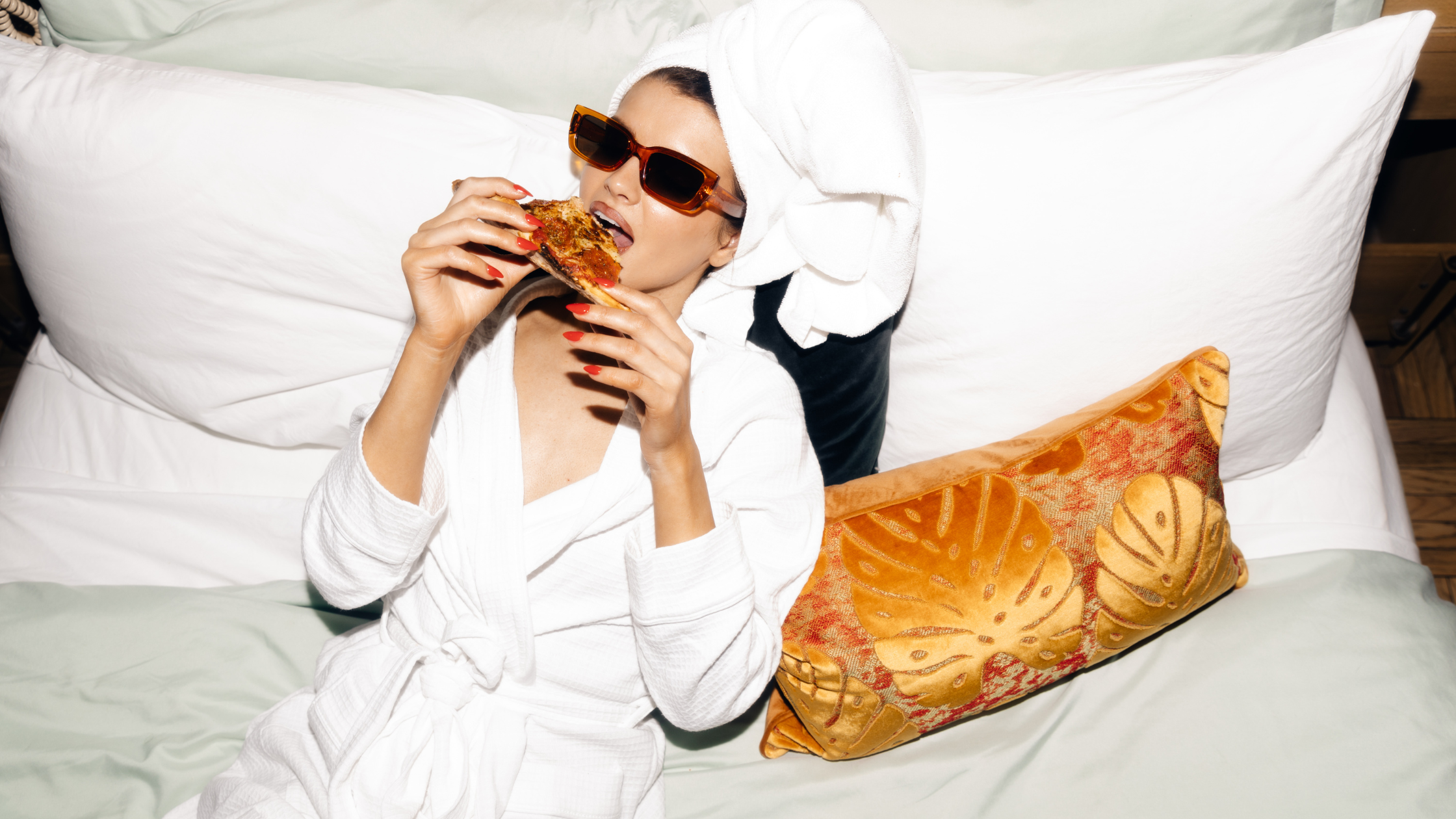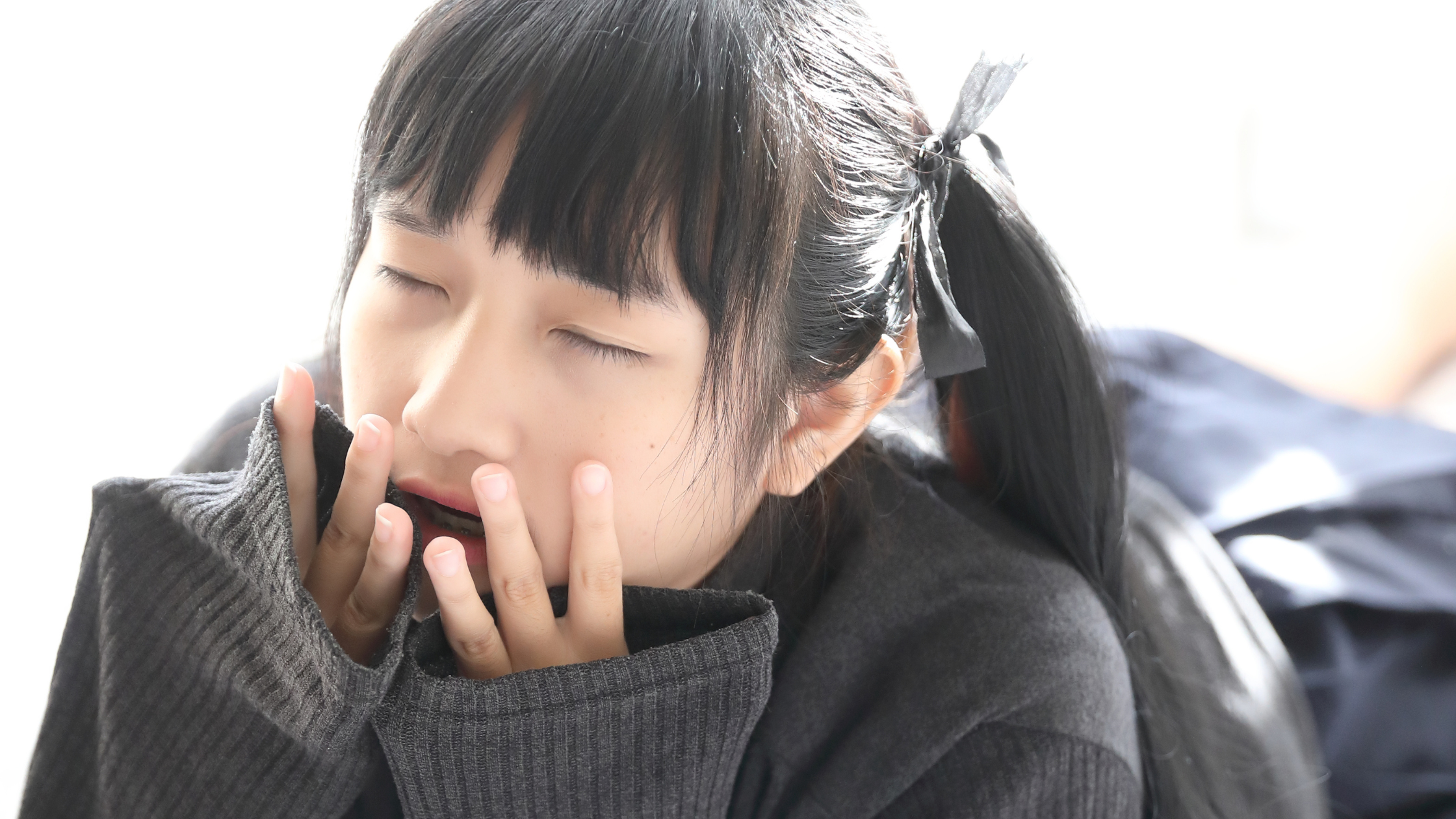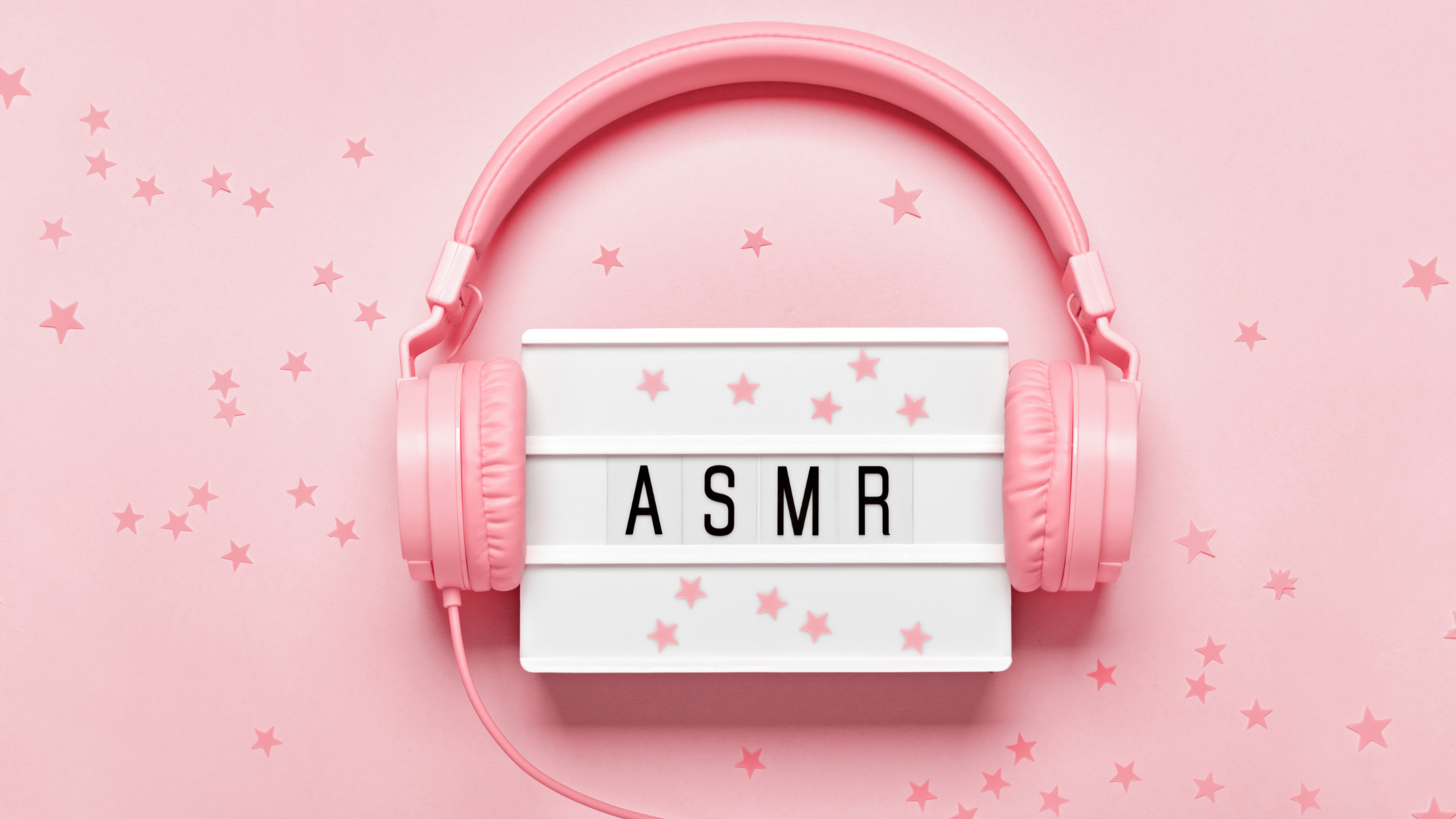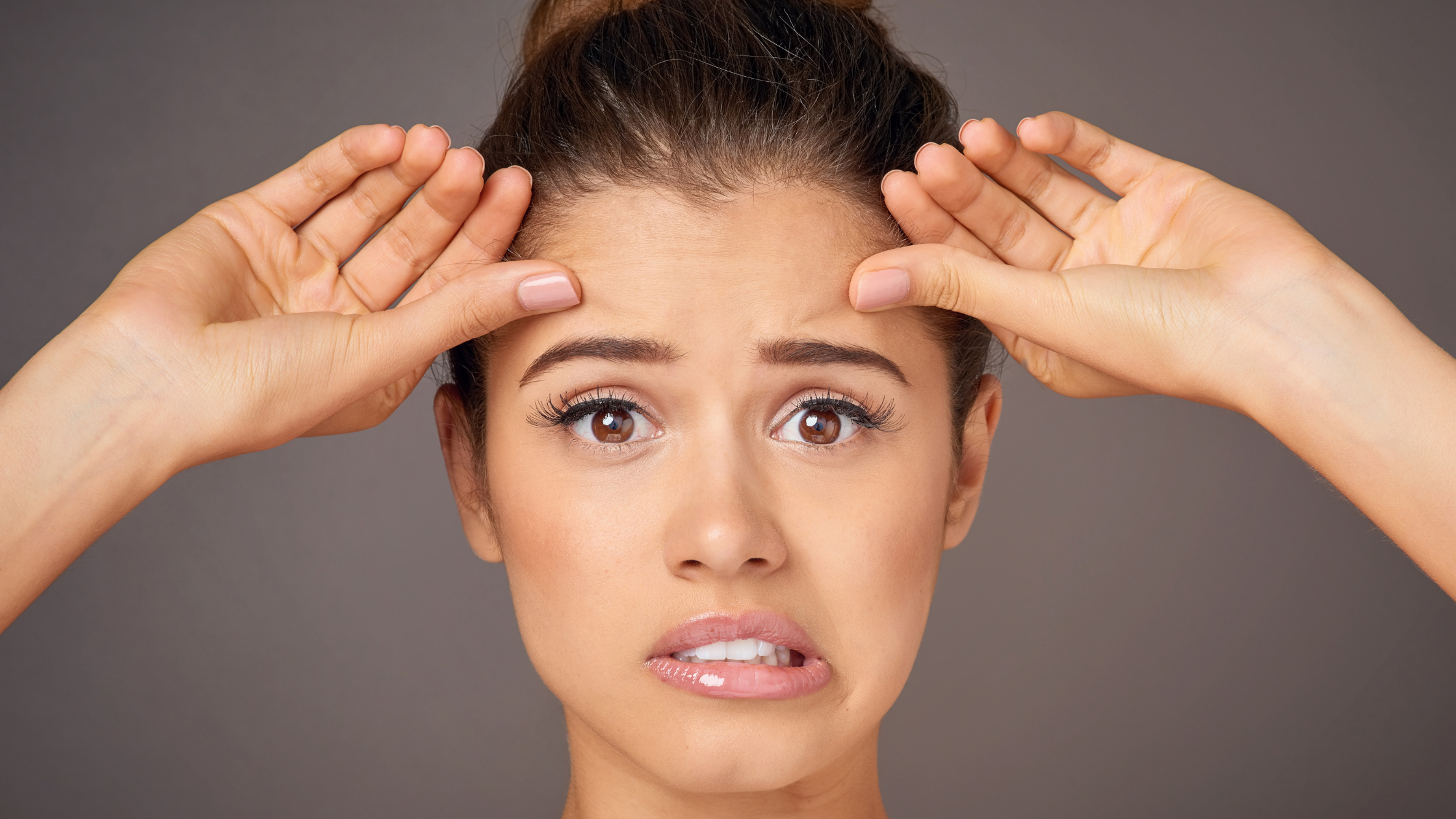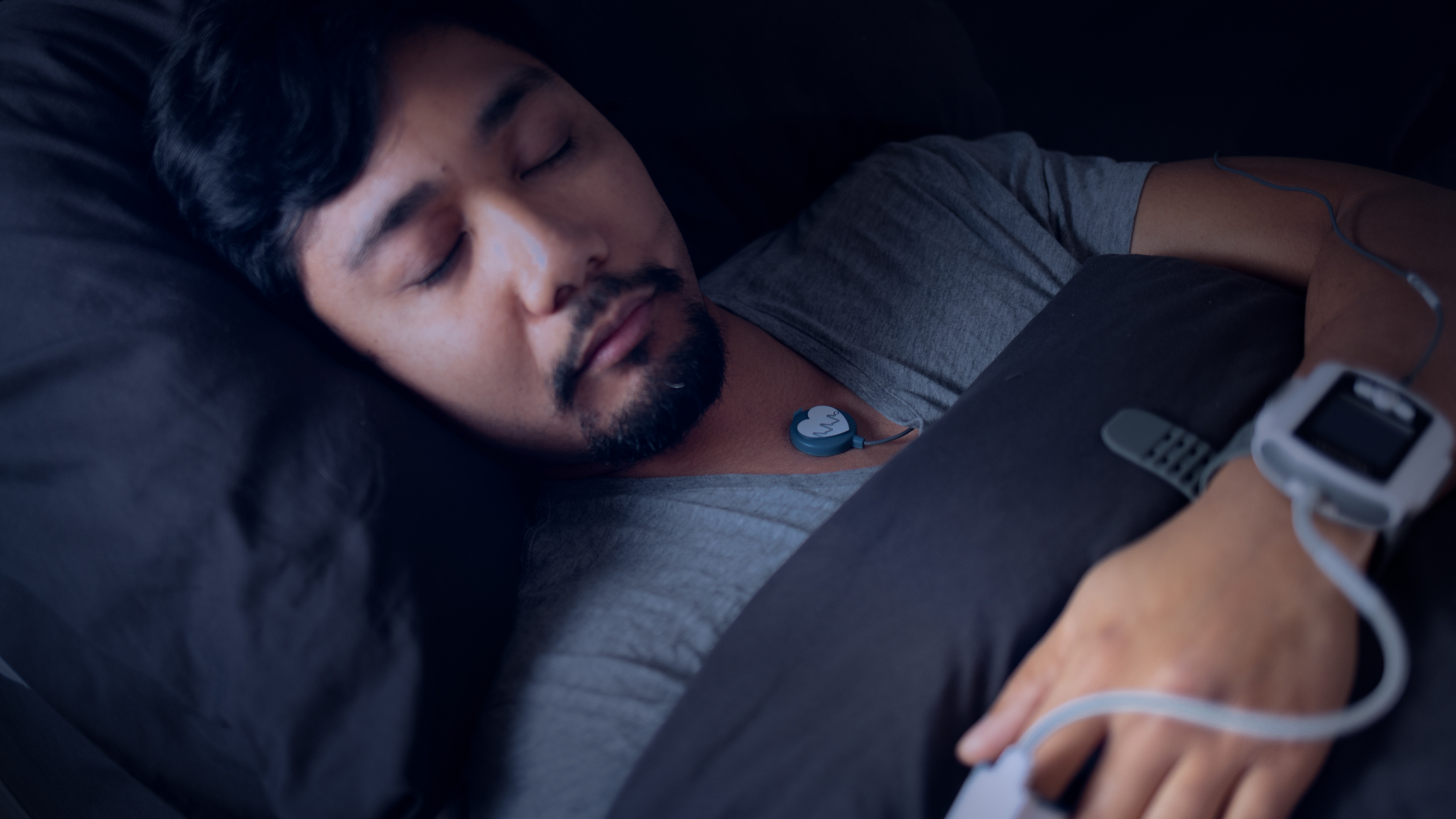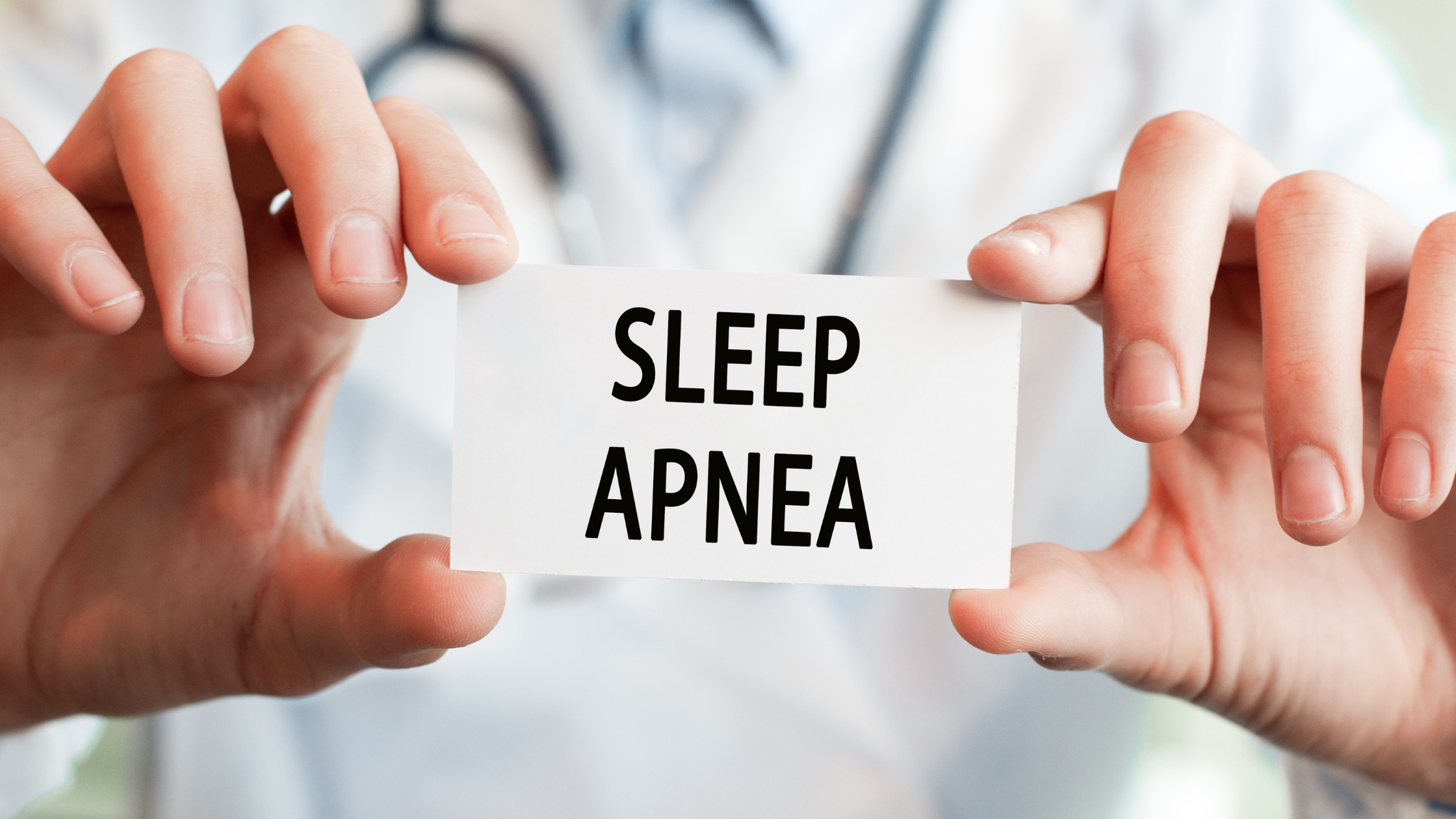Image from Men's Health Magazine. This is not a sponsored post.
In today's fast-paced world, where sleep is often sacrificed in favor of productivity and hustle, understanding the quality of our rest has never been more critical. Enter the Oura Ring, a groundbreaking wearable device that offers unparalleled insights into our sleep patterns and overall well-being. In this blog post, we'll explore the Oura Ring and how it's revolutionizing the way we monitor and optimize our sleep health.

